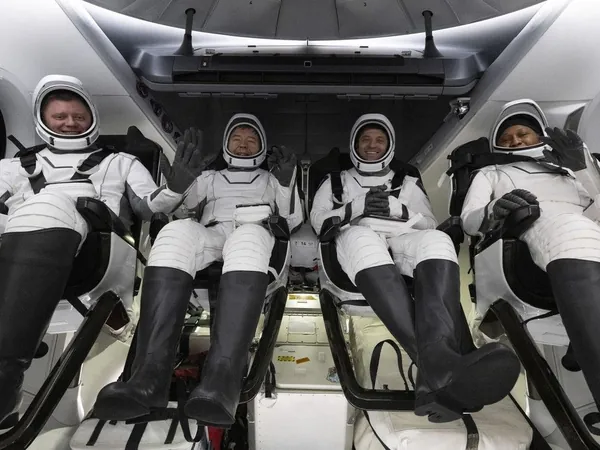
What’s the Secret Illness That Left One NASA Astronaut Hospitalized After Nearly 8 Months in Space?
2024-11-11
Author: Olivia
In a curious turn of events, three NASA astronauts who recently concluded a remarkable mission aboard the International Space Station (ISS) have opted not to disclose which one among them suffered from an illness during their extended stay in orbit. During a news conference held Friday, the astronauts—Matthew Dominick, Michael Barratt, and Jeanette Epps—were tight-lipped when questioned about their ill colleague.
The enigmatic situation has sparked intrigue, especially considering their mission lasted nearly eight months, significantly longer than originally planned. Complications involving Boeing’s Starliner crew capsule and challenging weather conditions, including Hurricane Milton, were major factors contributing to their prolonged stay in space. Following their return on October 25, the astronauts, alongside Russian cosmonaut Alexander Grebenkin, were quickly transported to a hospital in Pensacola, Florida, where one of the Americans spent the night for a “medical issue” that NASA has chosen to keep under wraps, citing privacy concerns.
During the conference, Barratt, a seasoned astronaut with medical training in space medicine, refrained from disclosing any details regarding the symptoms exhibited by the astronaut who fell ill. “Spaceflight is still something we don’t fully understand. We’re finding things that we don’t expect sometimes. This was one of those times, and we’re still piecing things together,” said Barratt, who is the only crew member with previous spaceflight experience.
Epps contributed her insights, noting the varied ways individuals react to the unique conditions of space. “That’s the part that you can’t predict,” she explained, expressing optimism that each day presents improved conditions for their health.
Upon their return, Dominick shared the challenges he faced in readjusting, particularly with something as simple as sitting in a hard chair, a sensation he had to reacquaint himself with after months of microgravity. As part of a scientific experiment aimed at potential future missions to Mars, he opted not to use the treadmill available in the ISS, only taking his first steps when exiting the capsule back on Earth.
Meanwhile, the two astronauts serving as test pilots for Boeing's Starliner, Butch Wilmore and Suni Williams, are set to stay at the ISS until February, returning via a SpaceX flight after the Starliner made its uncrewed return in September.
This mysterious illness raises vital questions about astronaut health during long missions, a critical aspect as space agencies prepare for longer missions, including a potential trip to Mars. As research continues to uncover the effects of prolonged space travel on the human body, one can only hope that the concerns surrounding the health of the astronauts will lead to important findings and improvements in space medicine.
Stay tuned as we uncover more about this intriguing situation and its implications for future space exploration!


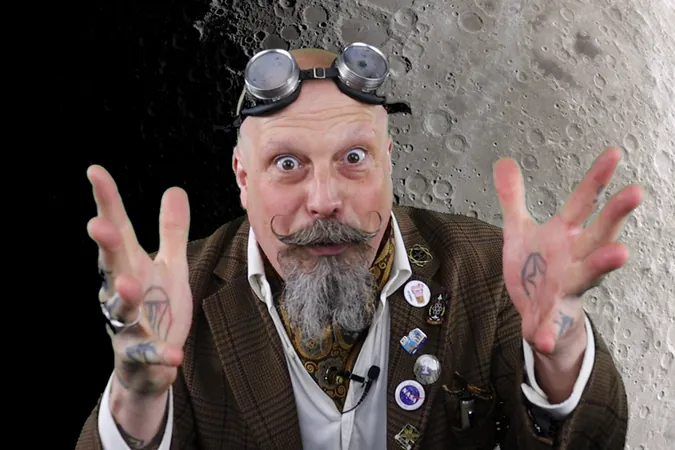
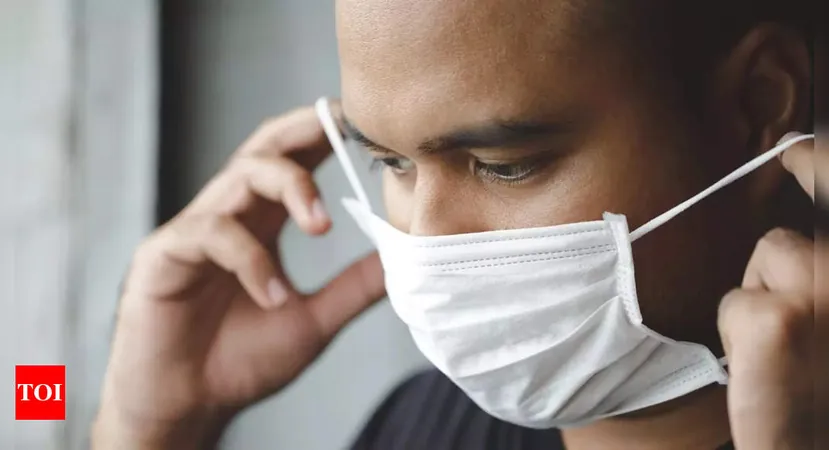
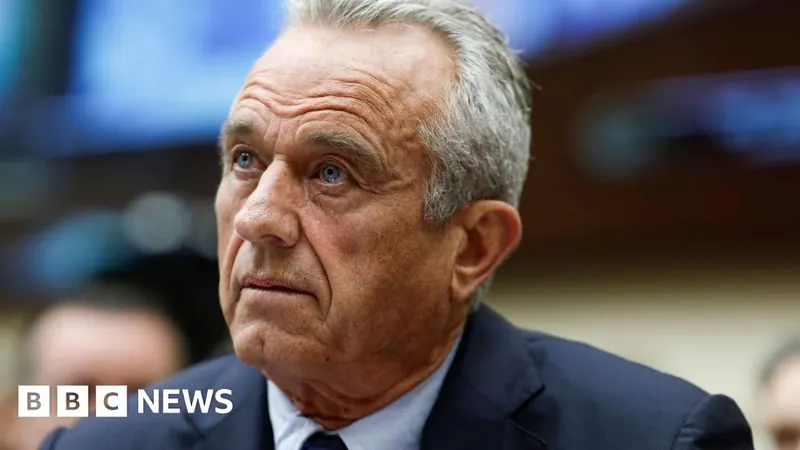

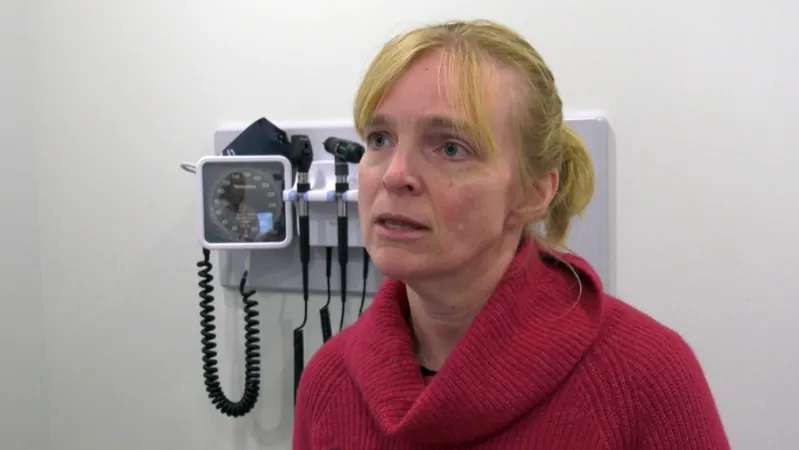

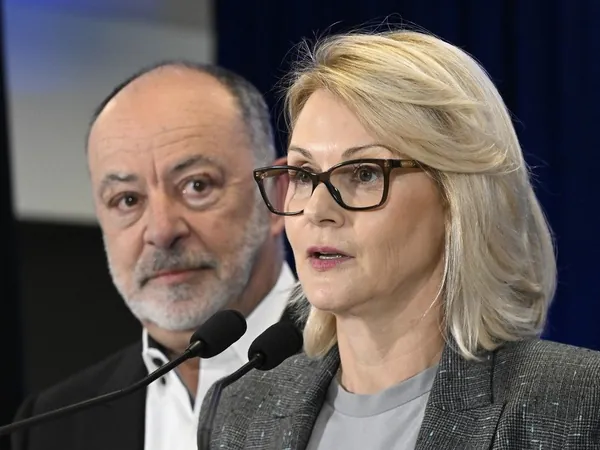
 Brasil (PT)
Brasil (PT)
 Canada (EN)
Canada (EN)
 Chile (ES)
Chile (ES)
 España (ES)
España (ES)
 France (FR)
France (FR)
 Hong Kong (EN)
Hong Kong (EN)
 Italia (IT)
Italia (IT)
 日本 (JA)
日本 (JA)
 Magyarország (HU)
Magyarország (HU)
 Norge (NO)
Norge (NO)
 Polska (PL)
Polska (PL)
 Schweiz (DE)
Schweiz (DE)
 Singapore (EN)
Singapore (EN)
 Sverige (SV)
Sverige (SV)
 Suomi (FI)
Suomi (FI)
 Türkiye (TR)
Türkiye (TR)